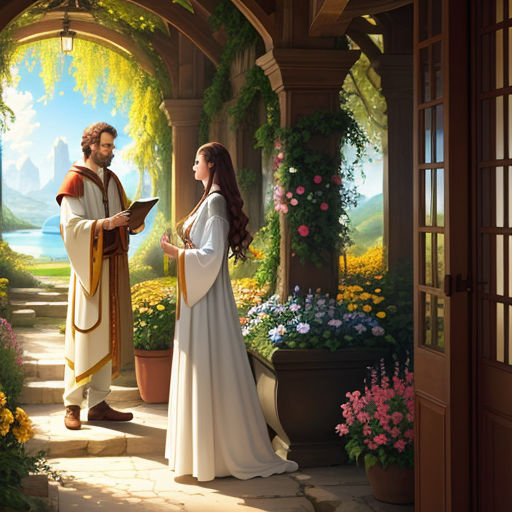
From Creation to Redemption
By Storybird

13 Oct, 2023

In the beginning, there was nothing but God. He spoke into the void, and light burst forth, dispelling the darkness. God called the light "Day" and the darkness "Night."
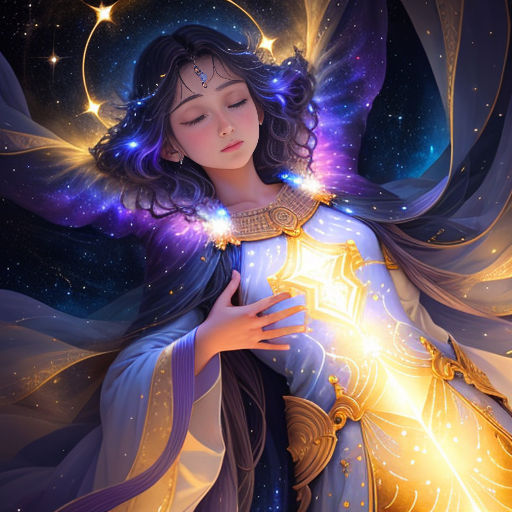
On the second day, God created the heavens. He separated the waters above from the waters below, establishing the firmament.

The third day witnessed the formation of land and sea. God then commanded the earth to produce vegetation: trees, plants, and flowers of every kind.
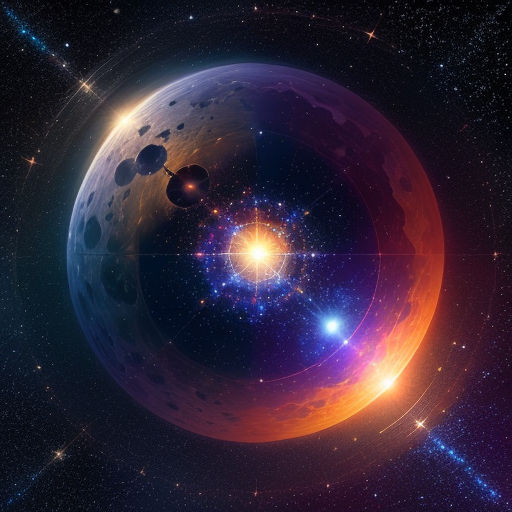
On the fourth day, God filled the sky with the sun, moon, and stars, creating day and night, seasons, and years.

On the fifth day, God filled the sea with creatures and the sky with birds. They were commanded to be fruitful and multiply.
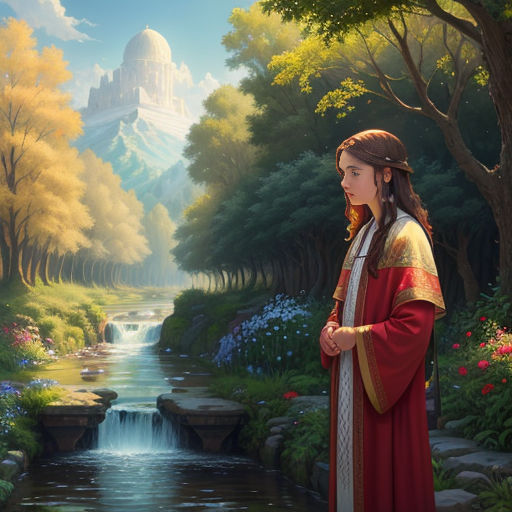
The sixth day saw the creation of land animals and, ultimately, man and woman—Adam and Eve—crafted in God's own image.
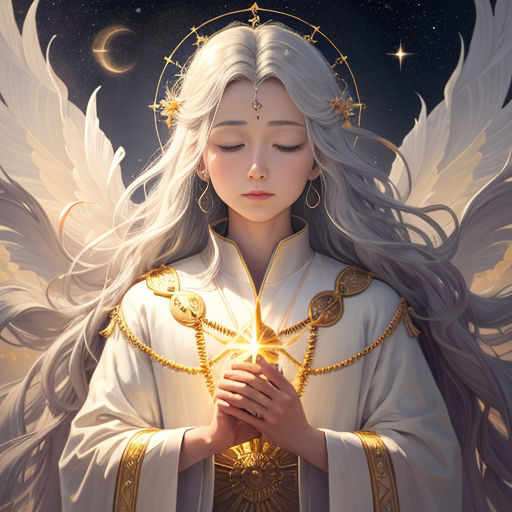
On the seventh day, God rested. He sanctified this day, setting it apart as a day of rest for all His creation.

Adam and Eve dwelt in the Garden of Eden, living in harmony with God and nature. They were given dominion over all creatures, yet forbidden from eating the fruit of the Tree of Knowledge.
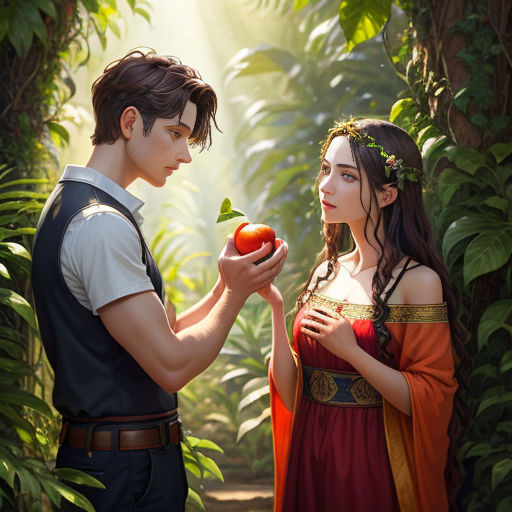
Disobeying God's command, Adam and Eve tasted the forbidden fruit. This act of disobedience led to their expulsion from Eden.
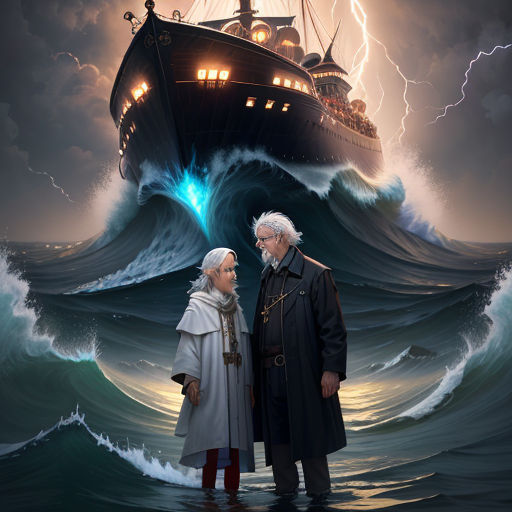
Over time, mankind multiplied, but so did sin. God decided to cleanse the world with a great flood, sparing only Noah, his family, and a pair of each creature.

After the flood, God established a covenant with Noah, symbolized by a rainbow. Mankind began anew, and nations started to form.
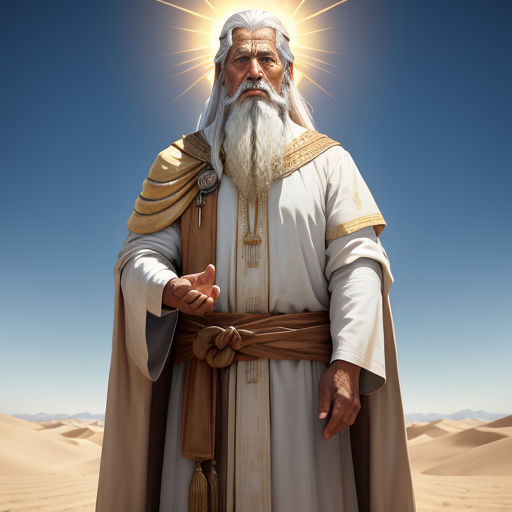
Among the growing nations, God chose Abraham and his descendants to be a special people. Through them, God would reveal His plan for all mankind.
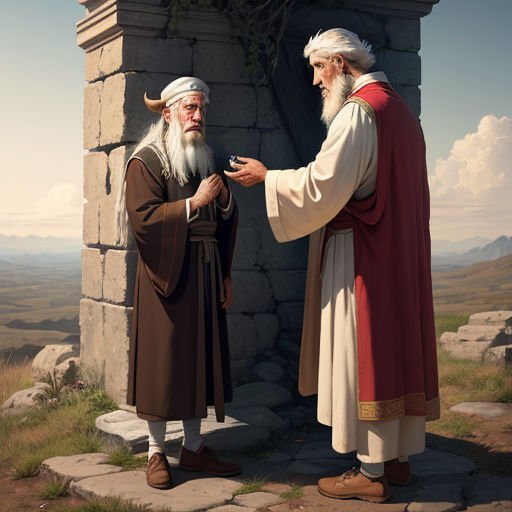
God tested Abraham's faith by asking him to sacrifice his son Isaac. At the last moment, God provided a ram as a substitute, honoring Abraham's obedience.
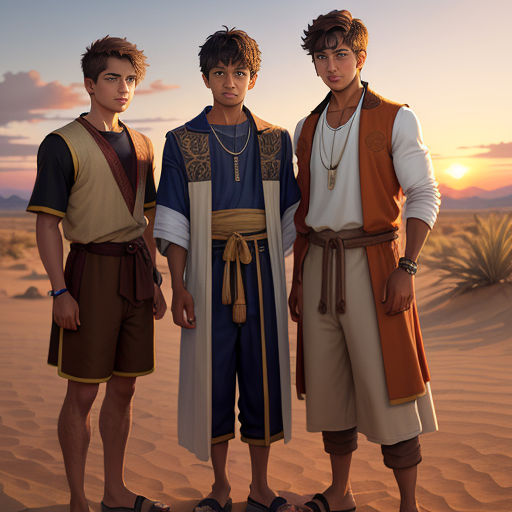
Isaac's son Jacob fathered twelve sons who became the twelve tribes of Israel. The youngest, Joseph, was sold into slavery by his brothers out of jealousy.
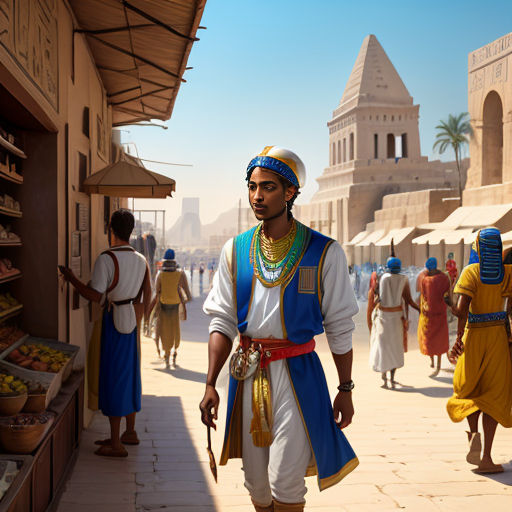
Joseph rose to prominence in Egypt and saved his family from famine, ultimately reconciling with his brothers. The Israelites then settled in Egypt.
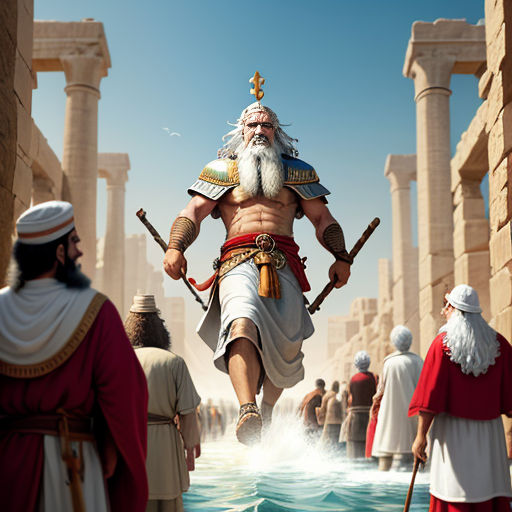
Over generations, the Israelites were enslaved by the Egyptians. God called Moses to lead His people out of Egypt and into the Promised Land.
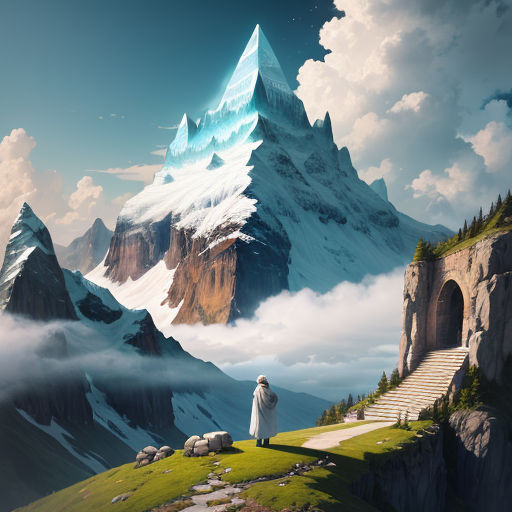
God revealed His law to Moses on Mount Sinai, including the Ten Commandments. These laws guided the Israelites in their relationship with God and each other.
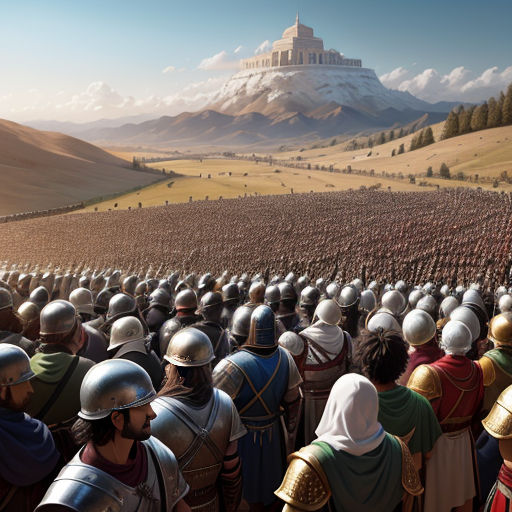
Under Joshua's leadership, the Israelites conquered the Promised Land. They established a nation under judges and, later, kings like Saul, David, and Solomon.
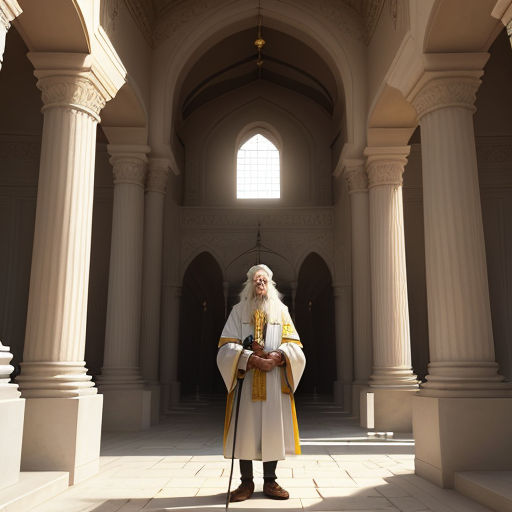
Solomon built the first temple in Jerusalem, but after his reign, the kingdom was divided. The northern kingdom fell to the Assyrians, and the southern kingdom to the Babylonians.
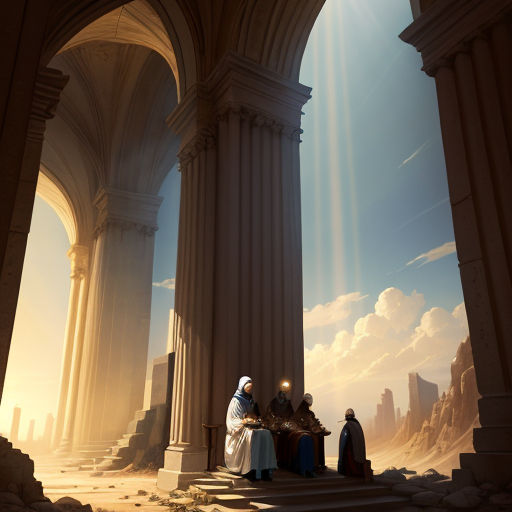
The Israelites were exiled, but God did not abandon them. Through prophets like Isaiah and Jeremiah, He promised a Messiah who would redeem His people.
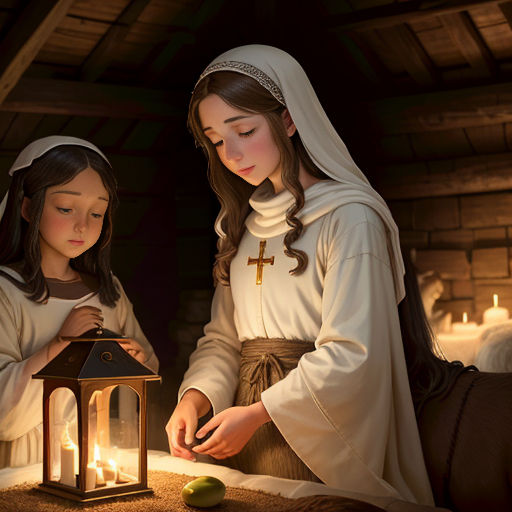
In God's perfect timing, Jesus Christ was born. He was conceived by the Holy Spirit and born of the Virgin Mary, fulfilling the prophesies of old.
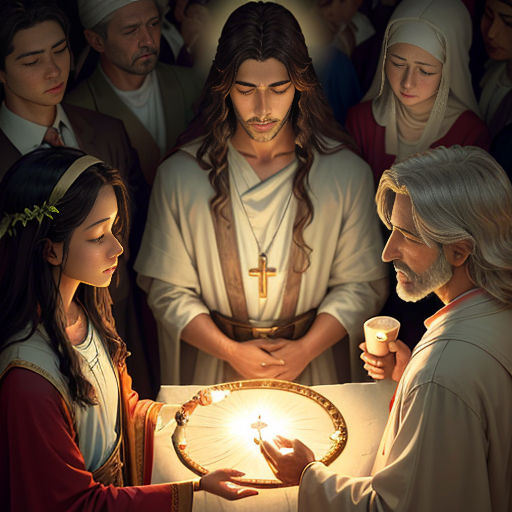
Jesus began His ministry, preaching the Kingdom of God, healing the sick, and performing miracles. He taught love, forgiveness, and the way to eternal life.
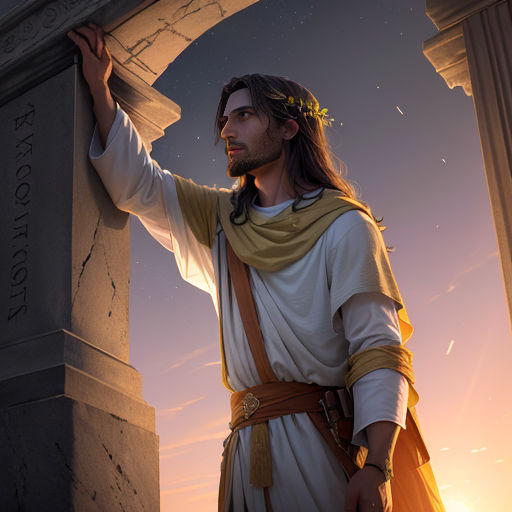
Jesus was crucified, bearing the sins of the world. He died and was buried, but on the third day, He rose again, conquering death and sin.
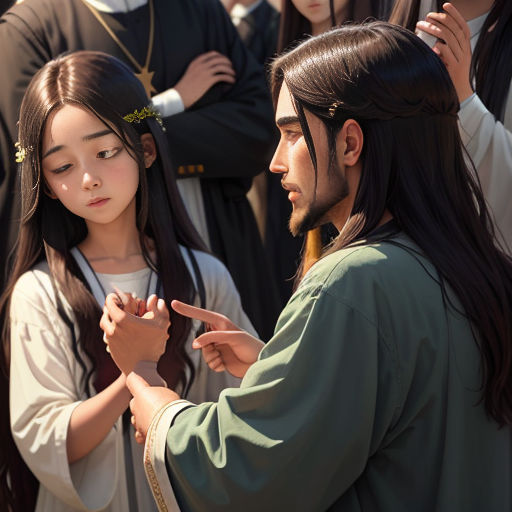
Jesus appeared to His disciples, commissioning them to spread the Gospel. He then ascended to Heaven, promising to return one day to judge the living and the dead.
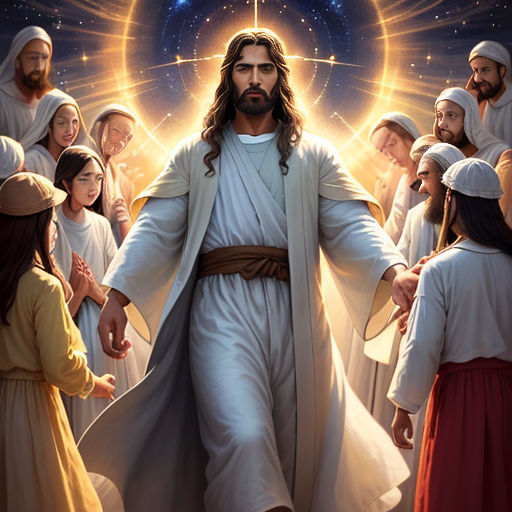
The disciples, filled with the Holy Spirit, preached the Gospel, forming the early Christian Church. Despite persecution, the Church grew, spreading God's love and salvation.
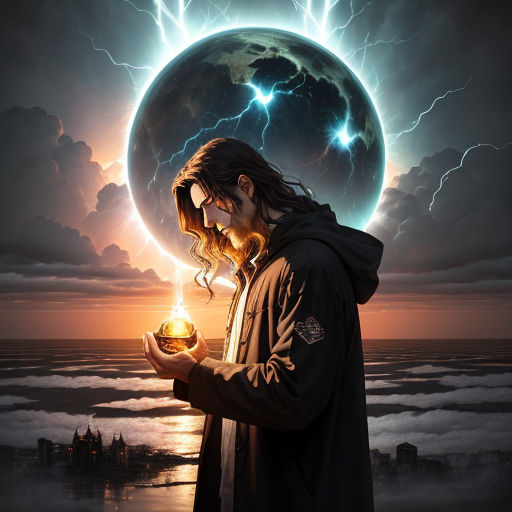
The last book of the Bible, Revelation, presents a vision of the end times. It promises the return of Jesus, the final judgment, and the establishment of a new heaven and earth.
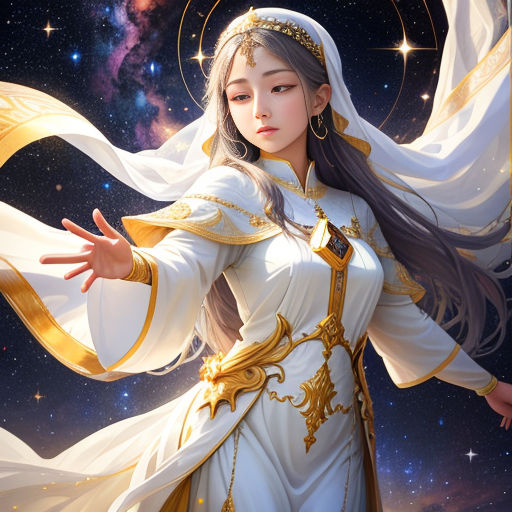
The Bible ends with a beautiful invitation: "The Spirit and the Bride say, 'Come.' And let the one who hears say, 'Come.' And let the one who is thirsty come."
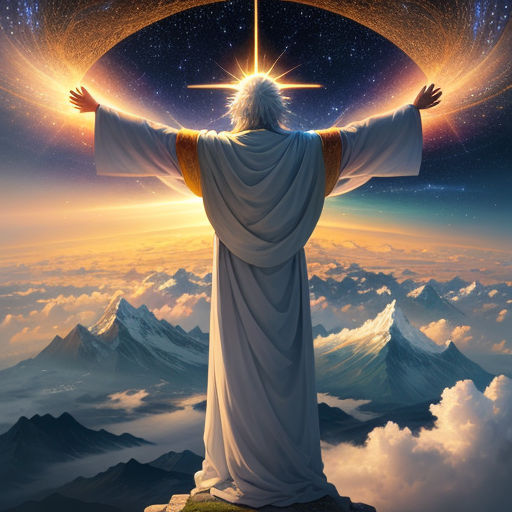
From Creation to Redemption, the Bible tells the story of God's love for mankind. Despite humanity's shortcomings, God's plan for redemption remains, offering hope and eternal life to all who believe.
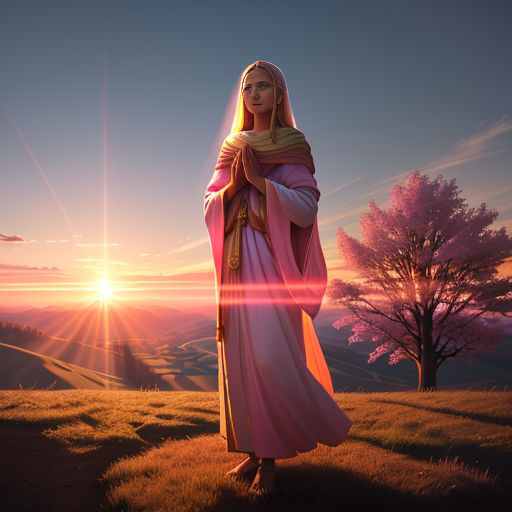
The Bible is not merely a historical record but a guide for life. Its teachings, laws, and stories provide wisdom, comfort, and guidance to people across ages and cultures.
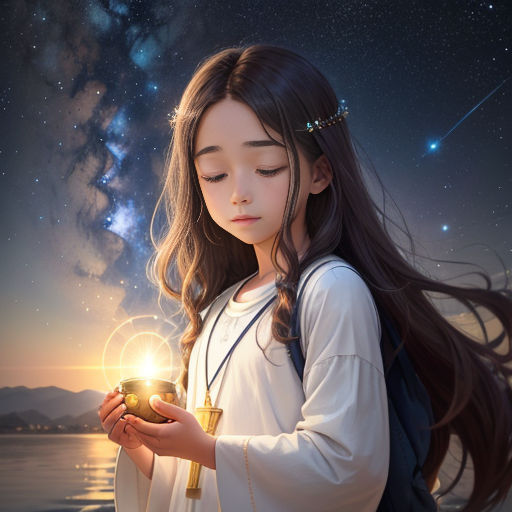
While the Bible is a long and complex book, its core message is simple: God loves us, has a plan for us, and through faith in Jesus Christ, we can have eternal life.
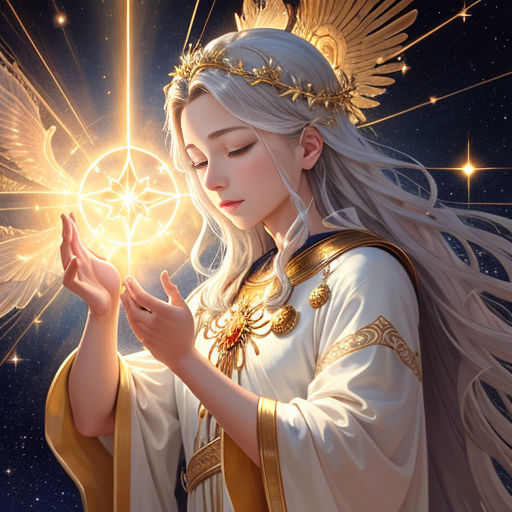
The Bible's timeless stories continue to inspire, teach, and transform lives, echoing the enduring love and mercy of God. It remains a beacon of hope and truth in a world often filled with uncertainty.

As we journey through life, may we find solace, strength, and wisdom in the Bible's words. May we seek to understand its teachings and apply them to our lives, drawing us closer to God.
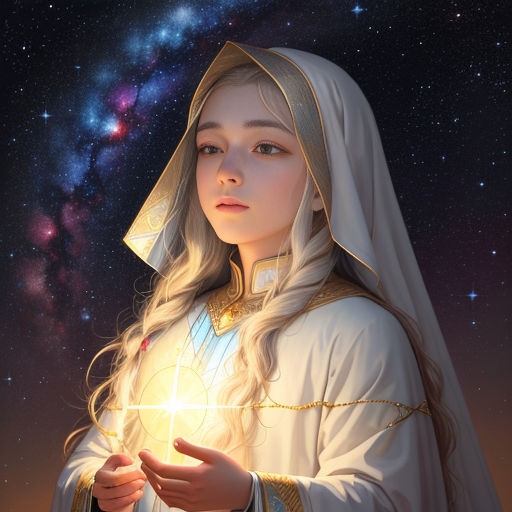
The story of the Bible is our story too. It is a story of creation, fall, redemption, and restoration. It is a story of divine love, grace, and promise. It is the story of God with us.

From the first light of creation to the promise of eternal life, the Bible's story is a testament to God's enduring love and faithfulness. It is our guide, our comfort, and our hope.

So, let us continue to explore, learn, and cherish the Bible's story. For in its pages, we find the story of God's love for us, a love that is as vast as the universe and as personal as our own heartbeat.